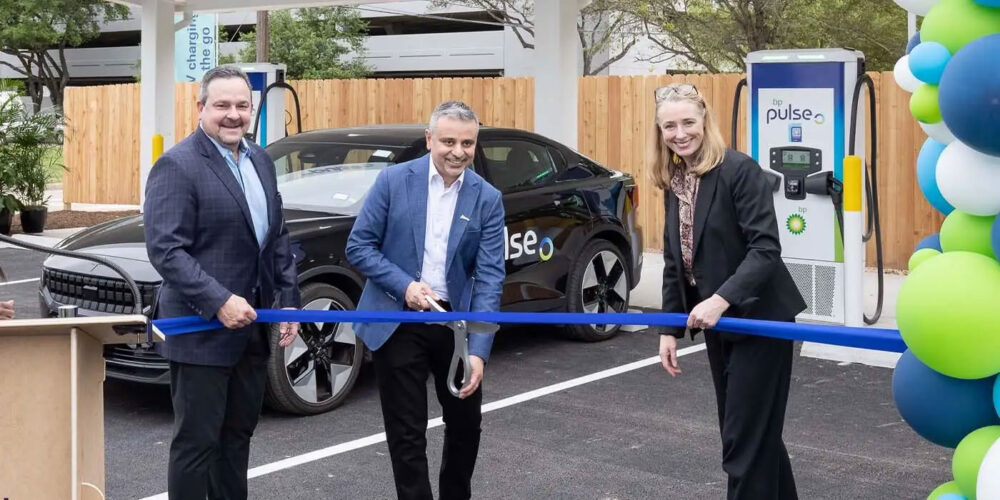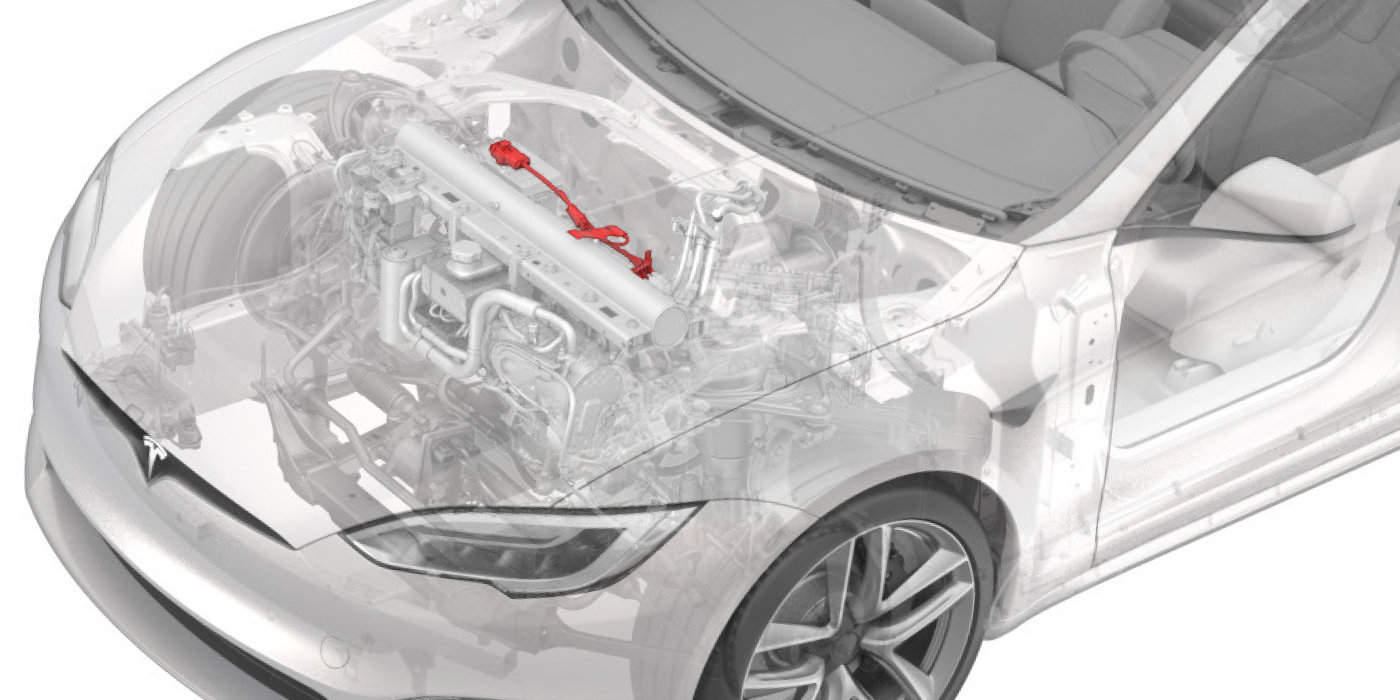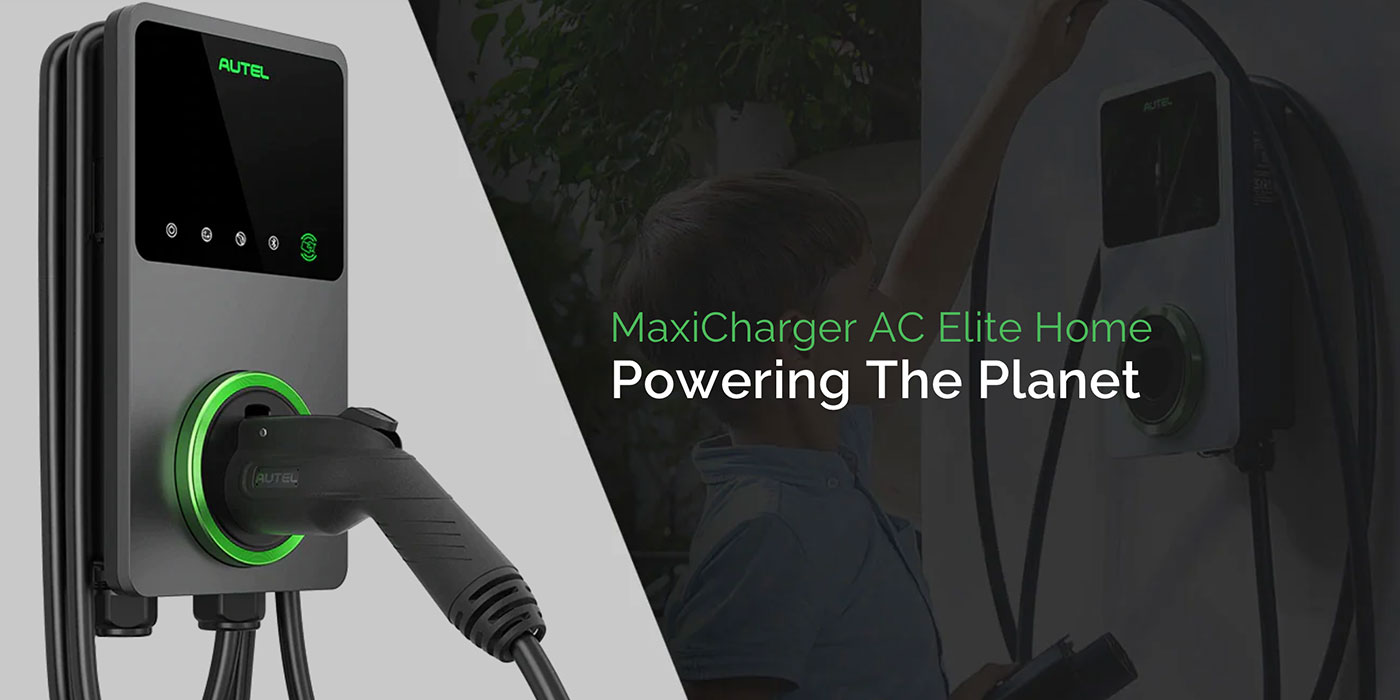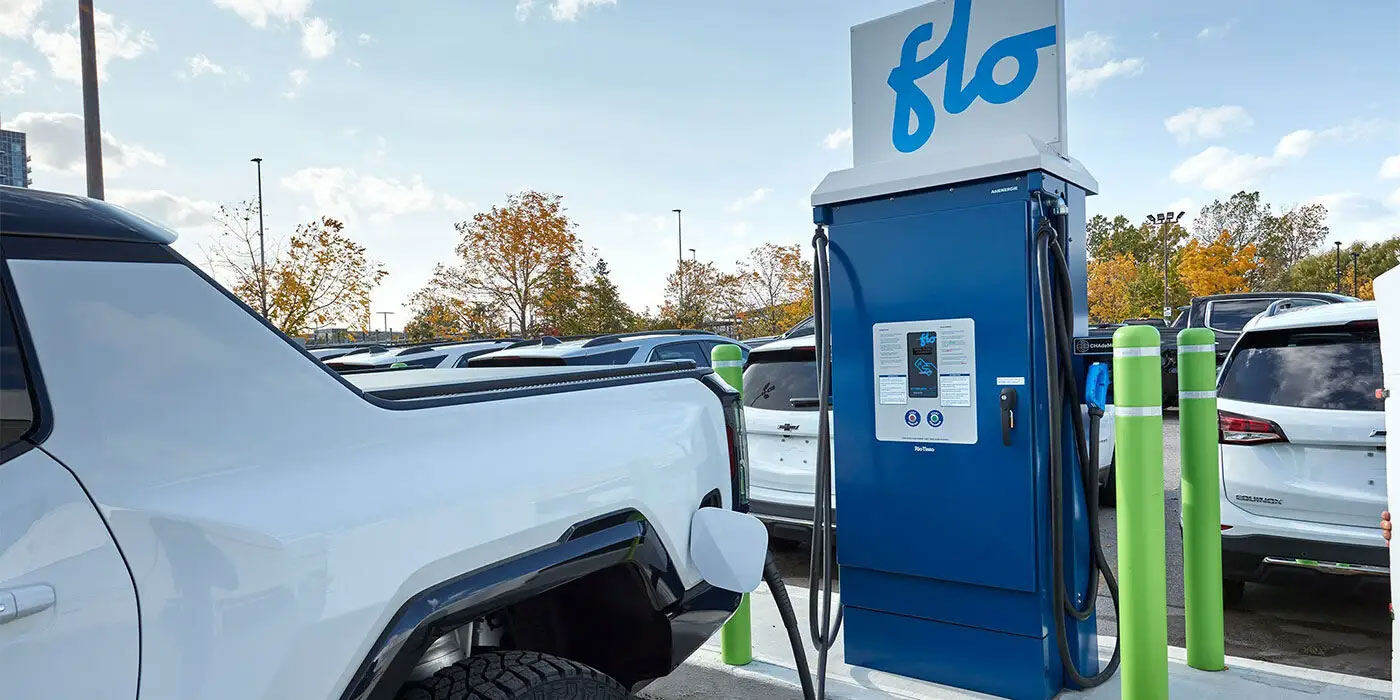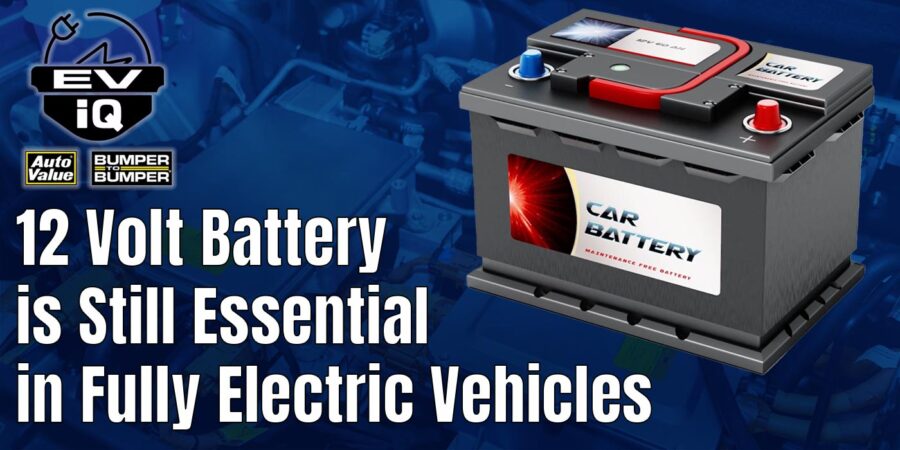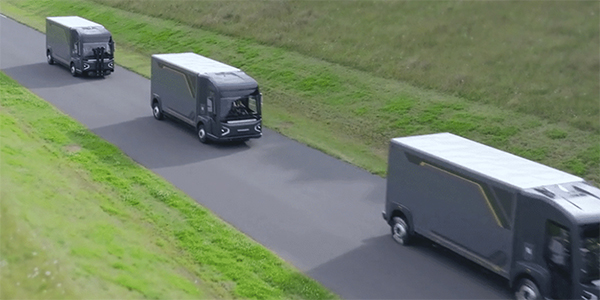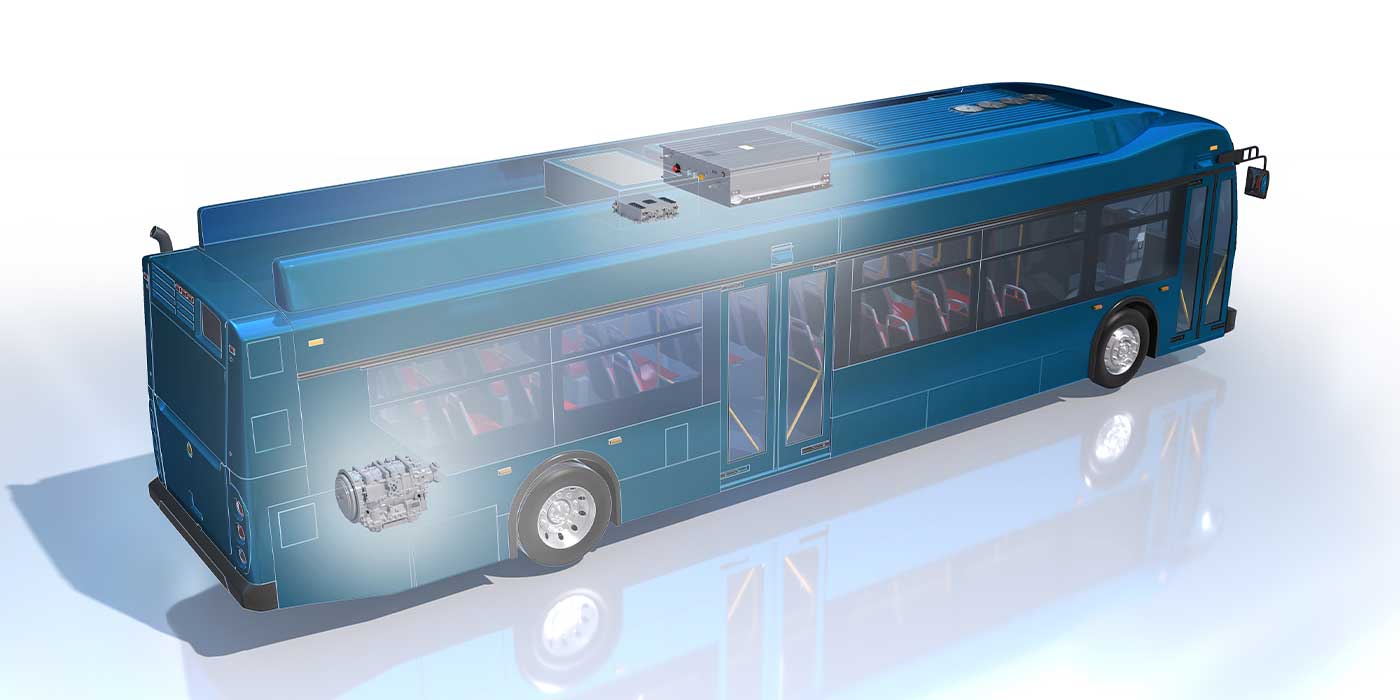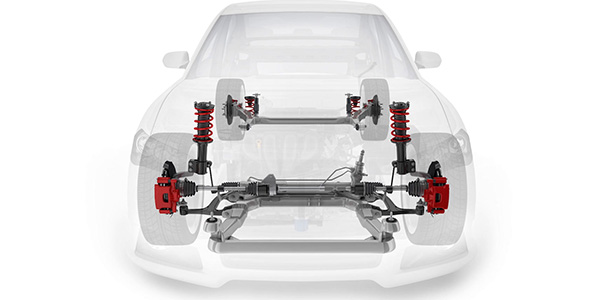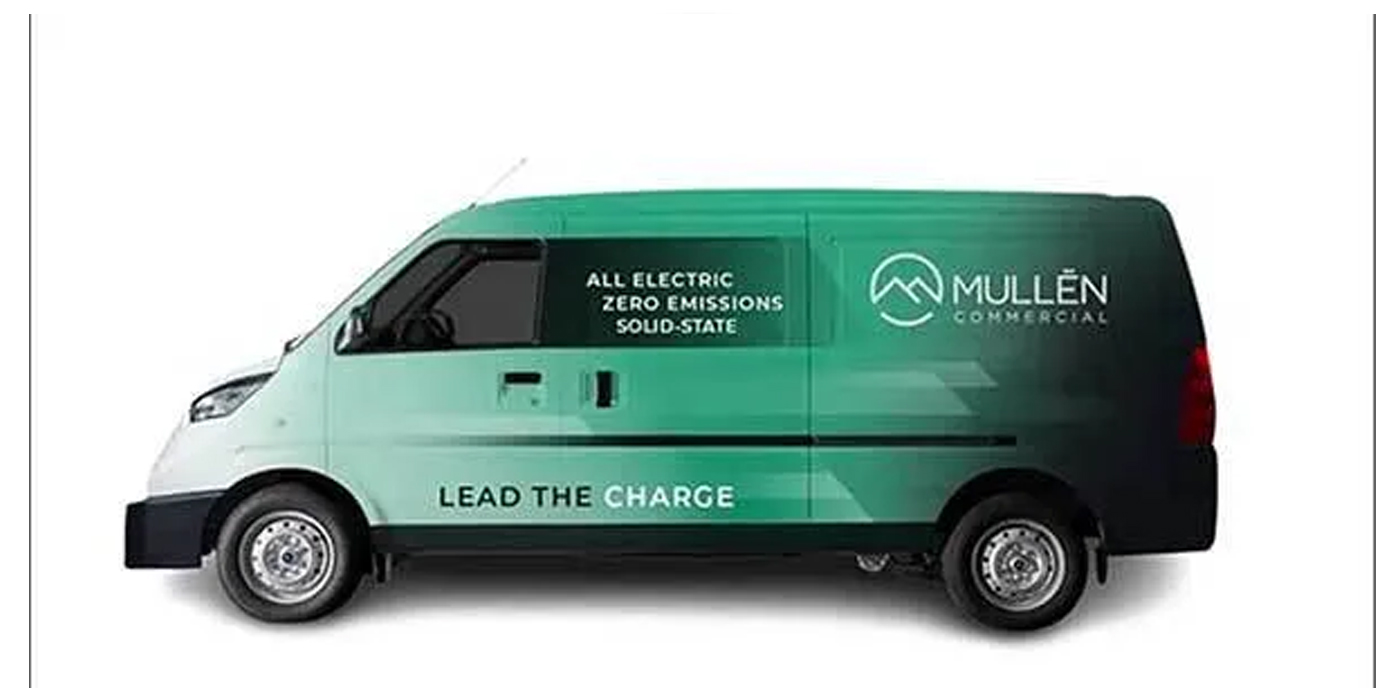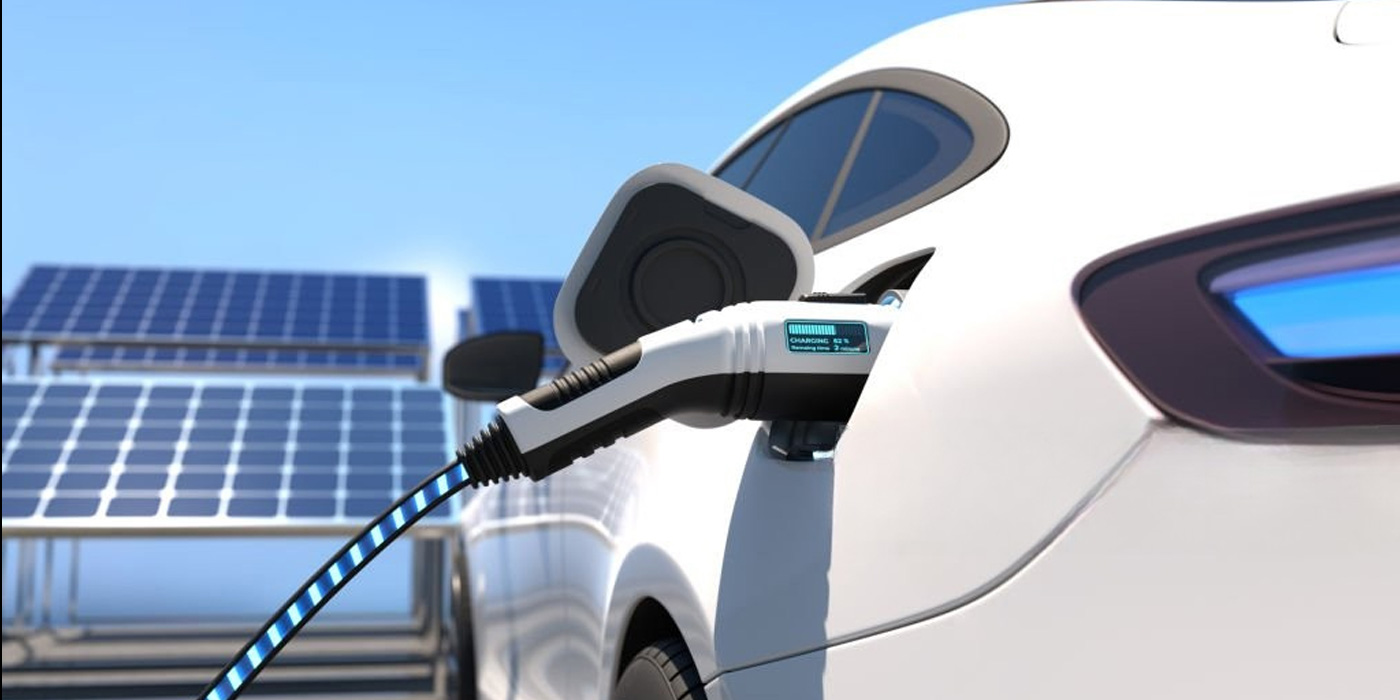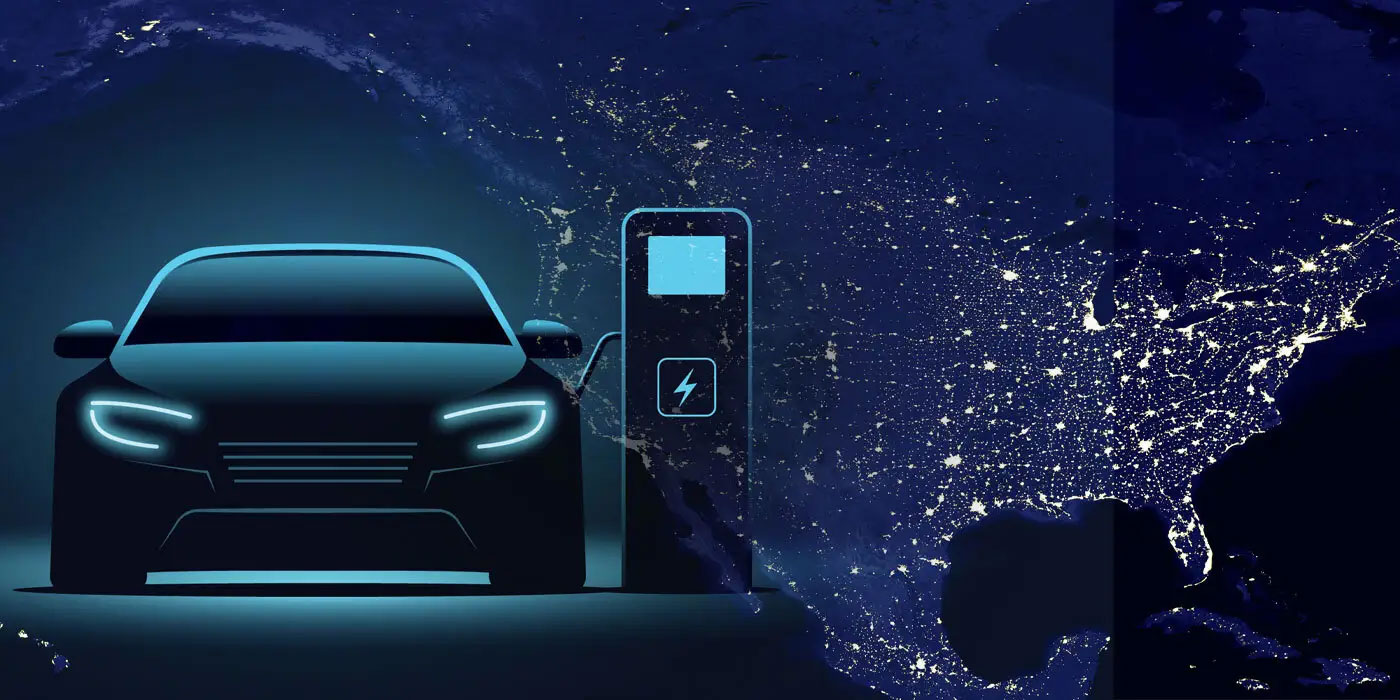BP celebrated the opening of its new electric-vehicle charging site at its BP America headquarters in Houston, TX, expanding its network of EV chargers in the US. BP said its new BP Pulse station is the first BP Pulse-branded Gigahub in the US and opened to the public on April 2.
The Gigahub, which opened on March 20, will offer 24 high-speed EV charge points with Tritium 150kW DC fast chargers. The chargers will be integrated with the BP Pulse app, allowing users to locate the site, access real-time charging availability and connect to WiFi.
“We’re excited to bring BP Pulse to America’s energy corridor and expand our presence in the US public EV-charging market,” Sujay Sharma, CEO of BP Pulse Americas, said. “This project will bring fast, reliable charging to EV drivers when and where they need it, helping support faster electric-vehicle adoption in the US. We look forward to welcoming new and existing EV drivers to our growing network.”
BP said BP Pulse aims to continue deploying additional charging points at high-demand locations, such as airports, major metropolitan areas and BP-owned properties across the US. BP also has been awarded grant funds through programs, including National Electric Vehicle Infrastructure (NEVI) and California Energy Commission (CEC), to provide charging infrastructure at sites in California, Pennsylvania, Tennessee, Virginia and Kentucky.
In February 2023, BP announced plans to invest $1 billion in America’s EV charging infrastructure by 2030, with $500 million invested by the end of 2025. BP Pulse also shared commitments to deliver 3,000 charge points by 2025. The company said EV charging is one of its five strategic transition growth engines which the company expects to significantly grow investment through this decade. The other transition growth engines include bioenergy, hydrogen, convenience and renewables and power.
Today, BP has 29,000 EV charge points worldwide and aims for more than 100,000 globally by 2030 – around 90% rapid or ultra-fast, the company said.

